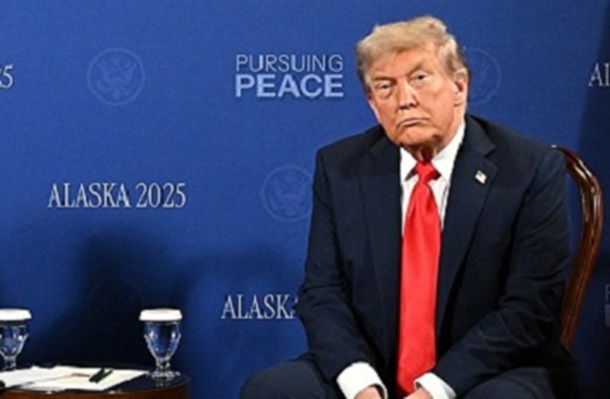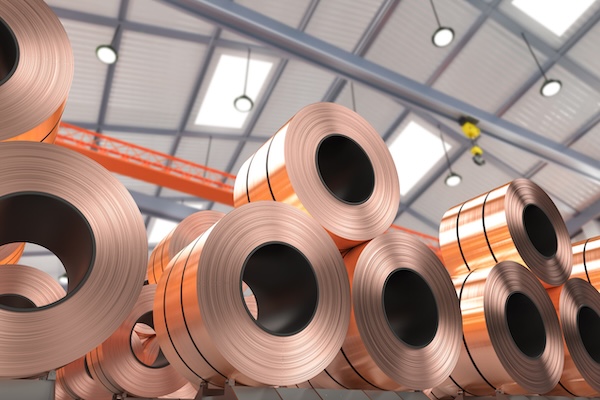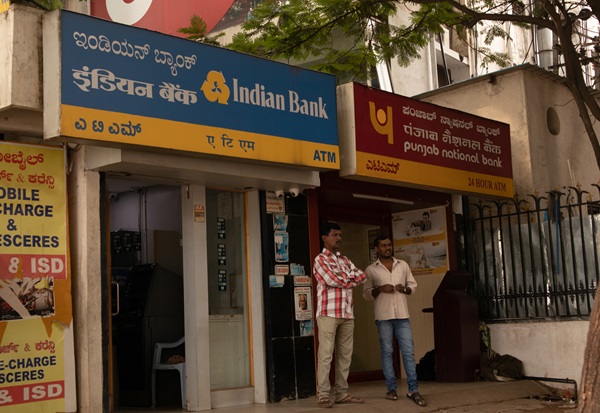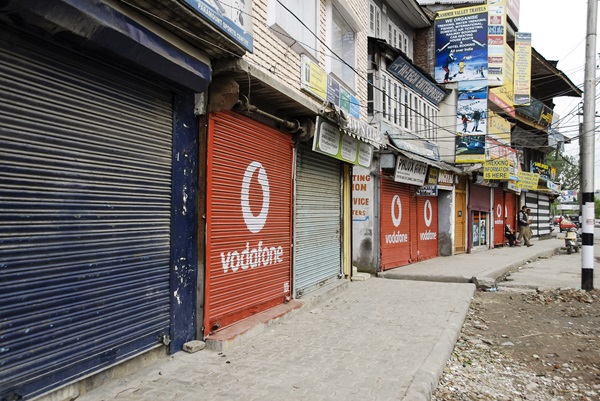.png)
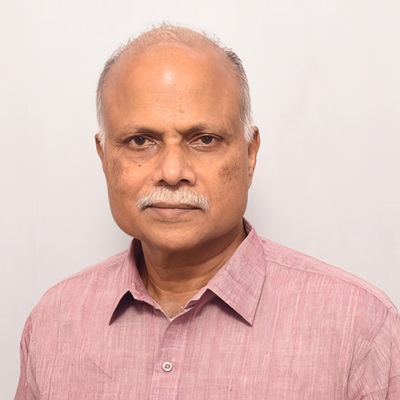
T.K. Arun, ex-Economic Times editor, is a columnist known for incisive analysis of economic and policy matters.
November 4, 2025 at 4:17 AM IST
Has the Canadian prime minister, Mark Carney, eroded the chances of a trade deal between India and the US, with his apology to the US President over a television spot that a Canadian state government recently ran on US networks? The probability is strong that he has, even if purely inadvertently.
Relations between the US and Canada have been strained since President Trump invited Canada to become the 51st state of the United States. Trump then levied significant tariffs on imports from Canada, accusing Canada of helping flood the US with the opioid fentanyl. These tariffs were mostly rolled back, with goods covered under the US-Canada-Mexico Trade Agreement being exempt from the tariffs. But Canada is still left with 50% duty on copper, steel and aluminium, 35% duty on lumber, 25% duty on wood products and 25% duty on automobiles not built in the US.
Carney came to power defying Trump. But the economic hardship caused by the sharp cutback in exports to the US has begun to bite, and the politician in the former central banker understands that he needs to change tack and get concessions from Trump, even as he steers the economy towards greater economic engagement with the rest of the world.
All Canadian politicians are not endowed with similarly sharp political instincts. The premier of the Canadian province of Ontario ran an attack ad on US networks, with an excerpt from a radio address by President Ronald Reagan, in which he lambasts import tariffs as harming every American, worker or consumer, in the long run. Reagan is the most recent Republican great, and for him to excoriate Trump’s favourite policy is to illustrate how far Trump has moved away from traditional Republican policies.
This infuriated Trump. Before he left for his Asian tour, Trump slapped an additional tariff slab of 10% on imports from Canada. Carney understood that the Ontario-sponsored ad, while accurate in substance, objectively escalated tensions between Canada and the US. In Asia, he apologised to Trump in private. Later, he openly acknowledged that he had apologised to Trump over the Ontario ad, which Carney had not approved beforehand.
What does all this have to do with the Indian trade deal, you might wonder. The link is in Trump’s transactional politics. If he can get the Prime Minister of Canda to apologise for an advertisement that reproduced truthfully what a former US president had to say about tariffs, that would reinforce Trump’s conviction that he, as he likes to put it, holds all the cards, that his interlocutors in trade negotiations would be willing to make compromises to please him, even denouncing a principled position to secure market share in the imports of the world’s largest economy.
And there is something that Trump wants from India: endorsement of his claim that he stopped a nuclear war between India and Pakistan. Pakistan has given him that endorsement and nominated him for a Nobel peace prize. India has stuck to its narrative that a defeated Pakistan called India to ask for a ceasefire, and India, having met its limited goal of teaching Pakistan a lesson, agreed; and later, President Trump announced it.
It goes against the political narrative on Operation Sindoor to accept that India had any aim other than to impress on Pakistan that attacks on India by non-state actors sponsored by Islamabad would invite military retribution by India, and that such retribution would be devastating. India met its goal, Pakistan asked for a ceasefire and India conceded the demand.
For India to support Trump’s claim that he stopped the war between the nuclear-armed South Asian neighbours is to derail this political narrative. But Trump desperately wants to win a Nobel prize for peace.
Three sitting US presidents before him — Theodore Roosevelt, Woodrow Wilson and Barack Obama — besides one former President — Jimmy Carter — have won the Nobel for peace. In Trump’s imagination, he is the best President the US has ever had, not excluding George Washington and Abraham Lincoln, and how could he possibly not get the Nobel that lesser men have picked up?
Trump might be delusional, but he is also canny. He is aware that the peace deal he has forced upon Israel and Palestine could unravel anytime. Already, more than 130 Palestinians have been killed in Israeli military strikes after peace had supposedly broken out. The Hamas has not disarmed, and might well refuse to give up all arms. Israel might choose to view that as a dealbreaker and resume fighting. Trump cannot rely chiefly on the Gaza ceasefire as his main qualification for a peace award.
His attempts to end the Russia-Ukraine war has only resulted in the rest of the world trying to suppress their amusement at how Putin has taken him for a ride.
He claims to have played peacemaker to end several other wars: Armenia-Azerbaijan, Thailand-Cambodia, Israel-Iran, Ethiopia-Egypt, Rwanda-Democratic Republic of Congo, Serbia-Kosovo and India-Pakistan. Of all these, nothing has the gravitas, when it comes to peacemaking, that a war between two nuclear-armed states has. This is why Trump has been insistent that his tariff threats forced the leaders of India and Pakistan to stop fighting, instead of escalating their hostilities to a nuclear exchange in a very populous part of the world.
Trump is a transactional man. He wants India to support his claim that he stopped a nuclear war between India and Pakistan. He has not let up on this claim ever since he first made it in May. He was at it while in South Korea, recently, embellishing his claim with a new detail, that he threatened India and Pakistan with a tariff of 250% if they did not stop fighting.
Now that Carney has demonstrated to Trump that playing tough can get his opponents to abandon all principle and cave in, will Trump give India a trade deal without New Delhi endorsing his fantasy on making peace and qualifying for a peace Nobel?
